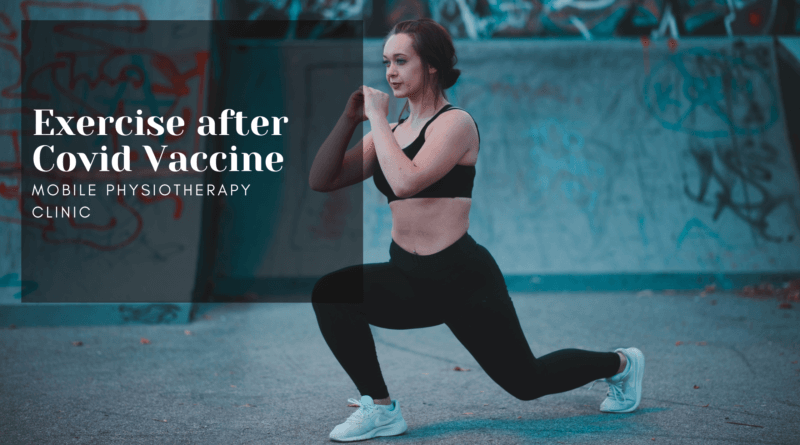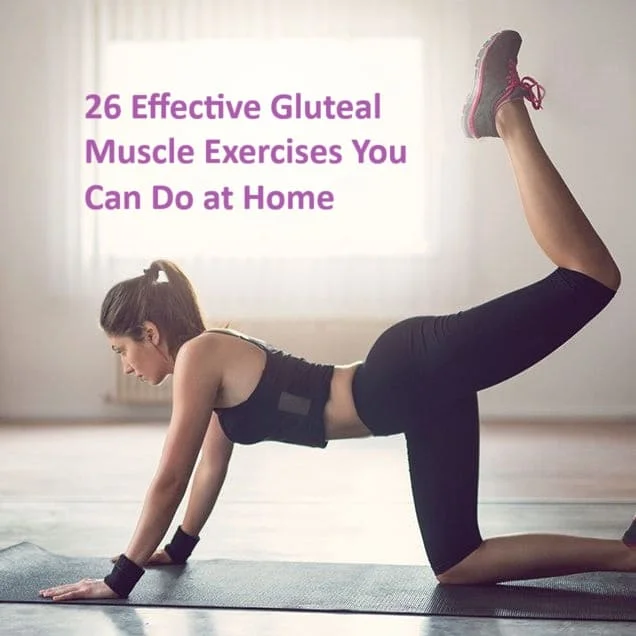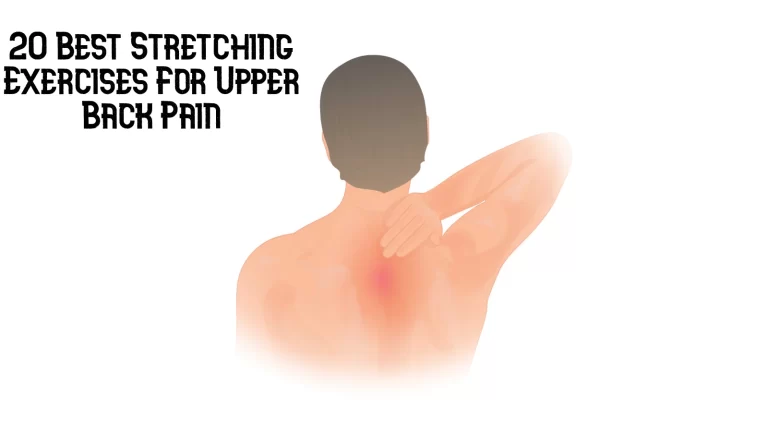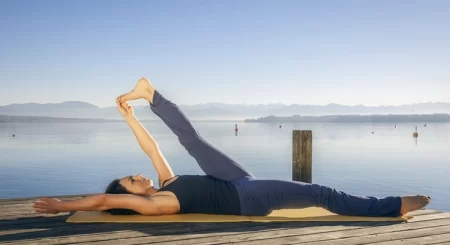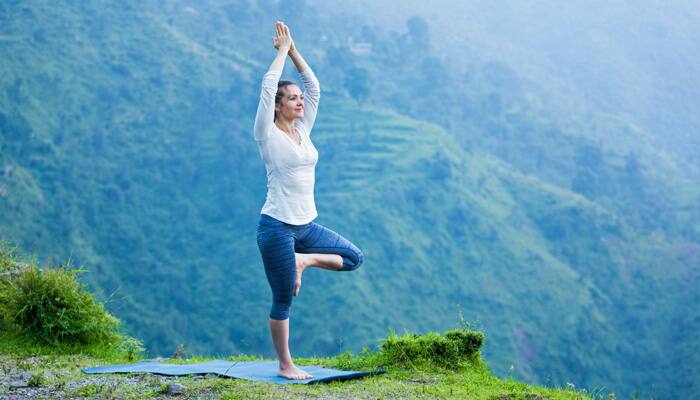Exercise after Covid Vaccine
Over the last two years, COVID-19 has had a significant impact on our lives, from how we interact with others to how we work. It’s even changed how we exercise: thanks to the digital fitness boom, exercise is now more accessible than ever.
The availability of the COVID-19 vaccine these days is assisting us in regaining some sense of normalcy in our daily lives. For many people, this entails returning to the gym or the pool. However, like with any new medicine, people are bound to have concerns.
You may be asking if you can exercise after getting the vaccine, how soon you can get back to it, and how much you can do, whether you work out at home or in a public place. Below are the answers to your questions.
People may question when they may go back to the gym after getting vaccinated. Although it is safe to exercise after receiving the shot, some people may have side effects that make it more difficult to exercise.
Before resuming exercise, a person should be aware of these adverse effects and pay heed to their body’s signals. They may need to take a few days off or lessen the intensity or length of their workouts.
A person can continue to enjoy the benefits of exercise before and after receiving the COVID-19 vaccine by listening to their body and following their doctor’s recommendations.
Is it secure?
Most of the time, the short response is yes. There has been no evidence that exercising after receiving the COVID-19 vaccination is hazardous. The only safety concerns are related to how your body reacts to the immunisation.
The following are some of the most common vaccination side effects, according to the Centers for Disease Control and Prevention (CDC):
At the injection site, there is pain, redness, and swelling.
- Fatigue\Headache
- Chills Muscle ache
- Fever\Nausea
The Centers for Disease Control and Prevention recommends that you exercise your arm to help relieve pain at the injection site.
Exercise may not be a problem after the first injection if your side effects are minor.
According to a research published in the New England Journal of Medicine in 2021, the second shot’s negative effects may be more severe than the first. However, it makes no mention of any risks associated with exercise.
Risks
Around half of those who receive the vaccine report side effects, which usually appear after the second dosage. The most prevalent symptom is fatigue. Exercise may exacerbate these negative effects.
However, there are no significant dangers associated with exercising after receiving the COVID-19 vaccine.
When to avoid exercise?
If you experience an allergic reaction to the vaccine, you should avoid moderate to intense exercise shortly after receiving it.
Hives, swelling, and wheezing are common symptoms of an adverse reaction to the immunisation (a sign of respiratory distress). Within 4 hours of taking the vaccine, these symptoms usually appear.
If you have any of these symptoms, you should see a doctor. The CDC recommends dialling 911 if the reaction is severe.
If you have a history of asthma or other respiratory problems, you should wait to see how your body reacts to the vaccine before engaging in strong aerobic exercise.
When you return to exercise, you may also want to have any management medications on hand, such as an inhaler or an antihistamine.
Types of exercise
After receiving the COVID-19 vaccine, no specific sort of activity is advised. Exercise, on the other hand, has been demonstrated to be an efficient immunity booster and may even improve the vaccine’s effectiveness.
Researchers found that moderate to vigorous physical activity lowered the incidence of community-acquired diseases by 31% and the risk of infectious disease mortality by 37% in a 2021 review on exercise and immunity.
Furthermore, exercise has been proven to boost vaccine potency by raising antibody concentration. These findings were not particular to COVID-19, but they demonstrate yet another advantage of regular exercise.
The study looked at weight training and aerobic activity (running, cycling, etc.) separately and in combination. Everything turned out to be beneficial.
Considerations
Drinking additional water after having the vaccine, especially if you have a fever, may be beneficial. Fluid intake was observed to reduce the severity of the immunological response in persons with dengue fever in a 2003 study.
Increased fluid intake is also recommended if you’ve had a fever to avoid dehydration, however this may be more critical in people with a higher fever or longer-lasting adverse effects.
If exercise makes you feel ill, you should reduce the amount of time you spend exercising. Instead of running, for example, go for a walk.
Within a few days of having the vaccine, any side effects or symptoms should go away. Consult a doctor if they don’t. If you experience an increase in fever, exhaustion, or breathing issues when exercising, you should stop and consult a doctor.
To assist manage vaccine side effects, the CDC suggests taking over-the-counter anti-inflammatory drugs such aspirin, ibuprofen, acetaminophen, and antihistamines.
This advise, however, is only valid if these medications will not exacerbate any other medical conditions you may have.
Side Effects
After the first dosage of a two-dose vaccine, many patients have moderate side effects. However, one study found that after the second dose, about half of the patients developed moderate-to-severe side effects.
It’s crucial to remember that the majority of side effects are normal and are the body’s method of reacting to the vaccine.
The severity of side effects will influence whether or not it is possible to exercise soon after the initial dose in persons who experience them. After the second dose, a person may consider waiting several hours, or even 1–2 days.
A person may have an adverse reaction to the immunisation in extremely rare situations. Allergic reactions usually start within 4 hours of immunization.Reliable source of vaccination. People who have a history of allergies should rest and monitor their symptoms after receiving the shot.
After receiving the vaccination, exercising has no effect on how it works in the body.
It may, however, make it more difficult to detect negative effects. An intense weightlifting workout, for example, can result in painful muscles. It may be difficult to distinguish this discomfort from the aches that many patients experience after receiving the COVID-19 vaccine. Both the vaccination and physical activity might make a person sleepy.
Although Exercise after Covid Vaccine has no effect on the vaccine’s effectiveness, it can have a positive impact on health in a variety of ways:
Exercise reduce side effects
The effects of moderate intensity exercise on older persons receiving a flu vaccine were investigated in a small 2019 study with 46 participants. The researchers discovered that doing so reduced the severity of vaccination adverse effects.
More research is needed, however, to determine how exercise may affect COVID-19 vaccination adverse effects.
Physical activity has been shown to improve mental wellness.
Another study discovered that regular exercise helped people avoid the negative psychological impacts of the COVID-19 epidemic.
Consistent exercise habits, according to some survey respondents, provided a form of structure during unpredictably long lockdowns. Regular exercise can help with mental health in a variety of ways, and those who like it should feel comfortable continuing to do so after receiving the vaccine.
Precautions
Before getting a COVID-19 vaccine, a person should talk to their doctor about the possible side effects and risks.
The following are recommendations from the Centers for Disease Control and Prevention (CDC)Trusted Source:
Receiving a vaccine, even if a person has already had COVID-19, scheduling the second shot during the first appointment, avoiding OTC pain relievers before vaccination, and continuing to take any current drugs as usual, unless a doctor advises otherwise.
The World Health Organization (WHO)Trusted Source recommends the following after getting a COVID-19 vaccine:
Preparing for common side effects by staying at the immunisation site for at least 15 minutes and taking an OTC pain killer for mild or moderate side effects.
Before selecting when to resume their exercise regimen after receiving a vaccine, people should pay attention to how their bodies feel. They should also listen to the advice of the person who gave them the immunisation.
It’s also crucial to remember to follow COVID-19 safety precautions even after vaccination. Exercise in well-ventilated rooms, use a face mask if necessary, practise physical distance, wash hands frequently, and sanitise training equipment are just a few of them.
The bottom line
There has been no evidence of increased health hazards connected with exercising after receiving the COVID-19 vaccine, according to studies. To assist manage pain at the injection site, exercise is recommended.
To lessen the chance of adverse effects, you should drink more water and take anti-inflammatory medications mostly NSAIDs Prescribed by Doctor.
If you have more severe side effects, exercise may be difficult. Contact a doctor if you get symptoms of an allergic response to the vaccine, such as hives, swelling, or problems breathing, and refrain from exercising. If the reaction is severe, seek medical help as soon as possible.
If you feel up to it after getting the COVID-19 vaccine, there should be no problems. Exercise may also aid in the prevention of infectious diseases and the improvement of overall health. Hence, it is always recommended to do physical activity.

